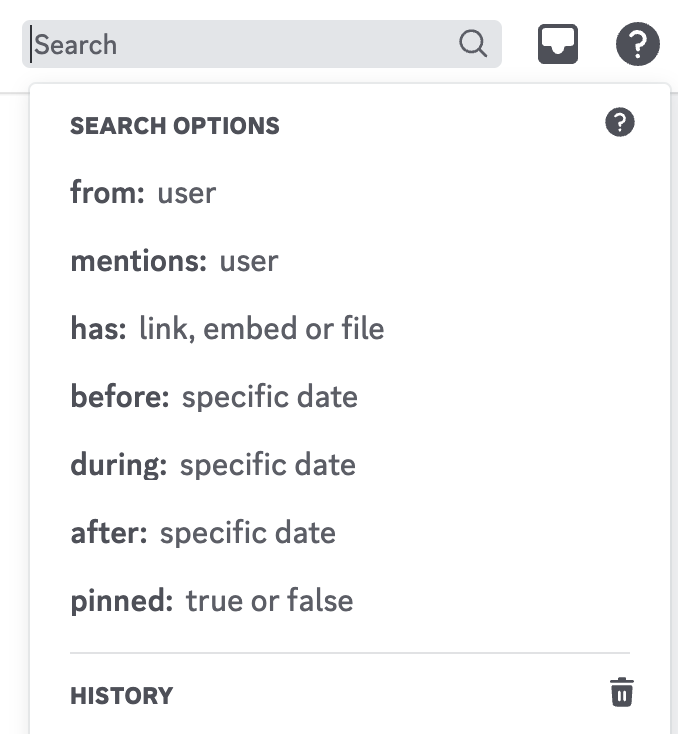

I’m no Python expert either and yeah, from an outsider’s perspective it seems needlessly confusing. easy_install that’s never been easy, pip that should absolutely be put on a Performance Improvement Plan, and now this venv nonsense.
You can criticize javascript’s ridiculous dependencies all you want (left-pad?), but one thing that they absolutely got right is how to manage them. Everything’s in node_modules and that’s it. Yeah, you might get eleven copies of left-pad on your system, but you know what you NEVER get? Version conflicts between projects you’re working on.






Coming at this from the JS world… Why the heck would 2 projects share the same library? Seems like a pretty stupid idea that opens you up to a ton of issues, so what, you can save 200kb on you hard drive?